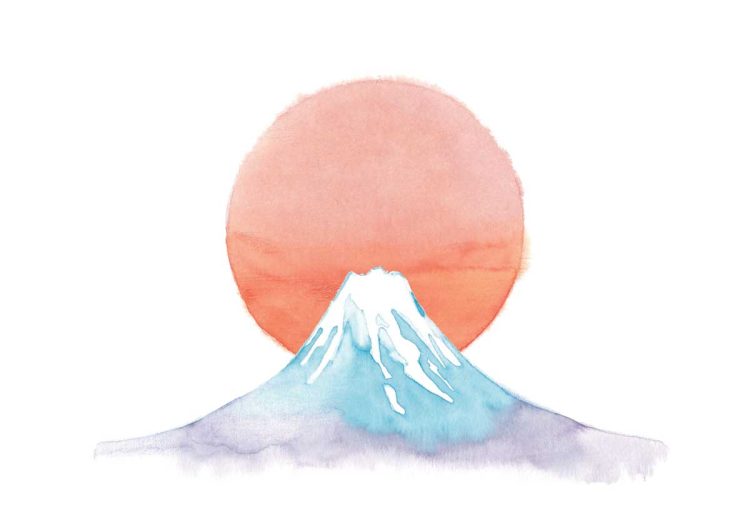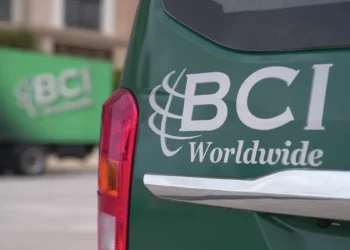The major players of the international integrated resort (IR) business community have turned their collective backs on Japan, and with good reason. Only MGM remains with a firm bid, and even they seem to lack the enthusiasm they once had. How and why did it all go so wrong in Japan? And does Japan have any way to save the day?
 In May 2018 I chaired the Japan Gaming Congress, a major international conference in Tokyo produced by the organizers of the world’s largest gaming exhibition, ICE London. The approximately 600 delegates represented a veritable who’s who of the international IR business community, as well as a plethora of Japanese conglomerates and potential local suppliers – all looking to get a cut of the Japan IR action. Industry chatter about Japan ramped up through the 2010s. In 2014 and again in 2015 Japan’s ruling Liberal Democratic Party said they were trying to get IRs open in time for the 2020 Tokyo Olympics. In December 2016 Japan passed the Integrated Resort Promotion Act, which the Financial Times described as “fulfilling a cherished ambition of [then Japanese Prime Minister] Shinzo Abe and firing the starting gun on a race to control a potential $40 billion Japanese gaming industry.”
In May 2018 I chaired the Japan Gaming Congress, a major international conference in Tokyo produced by the organizers of the world’s largest gaming exhibition, ICE London. The approximately 600 delegates represented a veritable who’s who of the international IR business community, as well as a plethora of Japanese conglomerates and potential local suppliers – all looking to get a cut of the Japan IR action. Industry chatter about Japan ramped up through the 2010s. In 2014 and again in 2015 Japan’s ruling Liberal Democratic Party said they were trying to get IRs open in time for the 2020 Tokyo Olympics. In December 2016 Japan passed the Integrated Resort Promotion Act, which the Financial Times described as “fulfilling a cherished ambition of [then Japanese Prime Minister] Shinzo Abe and firing the starting gun on a race to control a potential $40 billion Japanese gaming industry.”
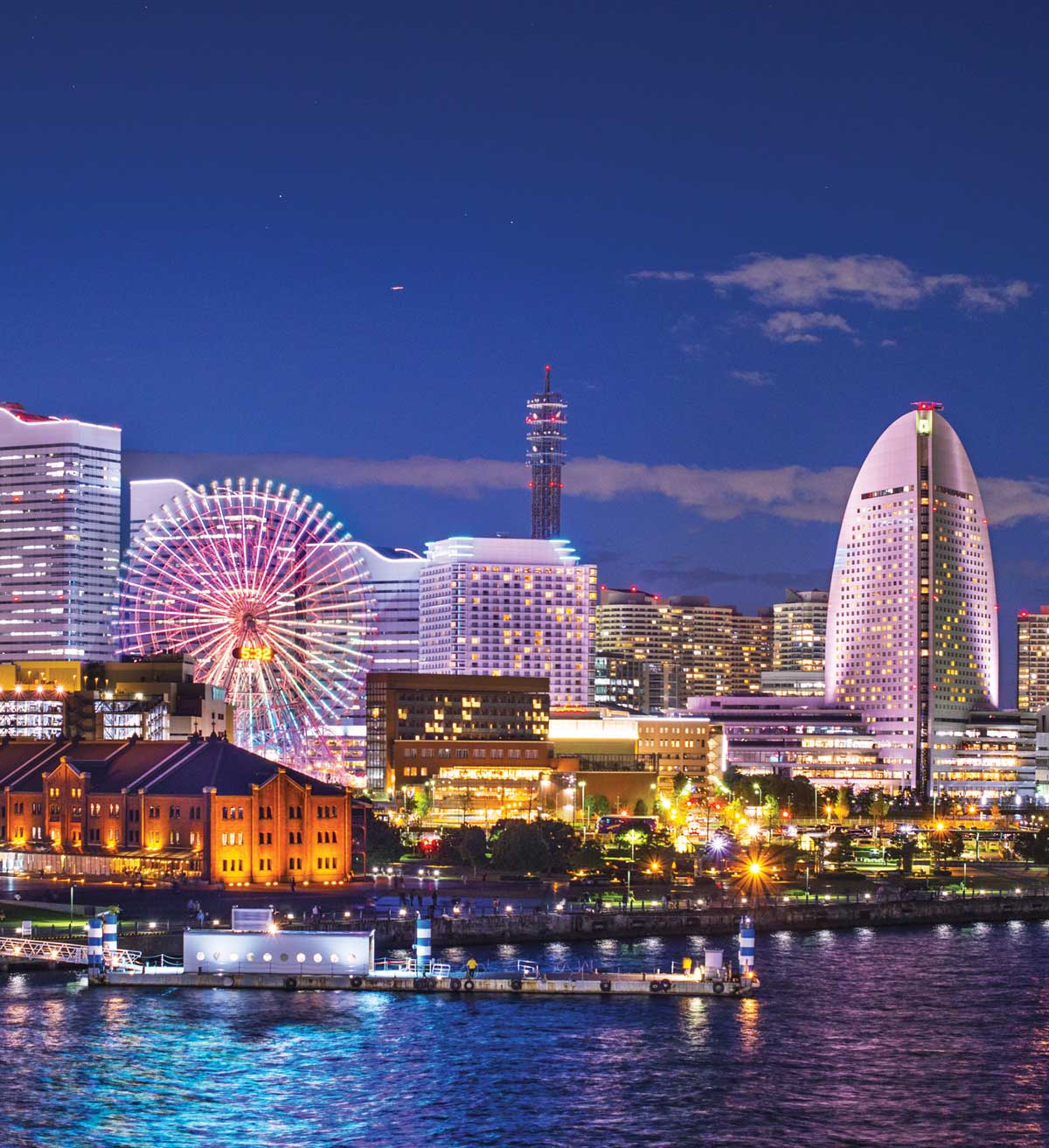
The Integrated Resorts (IR) Implementation Act passed in July 2018. Just about every major IR operator in the world, and plenty of second and third-tier operators too, were salivating at the prospect of operating in what some described as the last great untapped IR market – the planet’s third-largest economy with a GDP around US$5 trillion and a population of 125 million. Many Japanese cities and prefectures created “IR promotion offices” tasked with exploring the opportunity.
IR concepts started surfacing, taking advantage of Japan’s exquisite dining, beautiful design esthetic and fascinating cultural mix of the ancient and historic with the modern and technological. Despite the most expensive IR anywhere in the world thus far costing around US$4 billion or US$5 billion, suddenly investment amounts of US$10 billion or even more were bandied about.
Even IAG took the plunge and launched its IAG Japan brand in January 2019, adding Japanese to our language portfolio, staffing a dedicated Japanese office and signing a strategic partnership with a long-established Japanese B2B hospitality industry media company. Yours truly travelled to Japan monthly throughout 2018 and 2019.
In 2019 IAG Japan covered no less than a dozen potential IR locations across the length and breadth of the country – from as far west as Nagasaki right up to Hokkaido in the very north. We also covered around 20 potential operators bidding for up to three licenses including all the industry tier-one names: Caesars, Galaxy, Genting, Melco, MGM, Sands and Wynn – as well as a gaggle of other contenders such as Japanese company Sega Sammy, Philippines IR operator Solaire, Macau-based SJM and Suncity, tribal gaming operators Hard Rock and Mohegan Sun and many more from across the globe.
A PROPHETIC WARNING
Amongst all this optimism, in 2019 I asked a respected executive with over 40 years of industry experience his thoughts about Japan. I anticipated an enthusiastic response, given all the excitement. What could possibly go wrong?
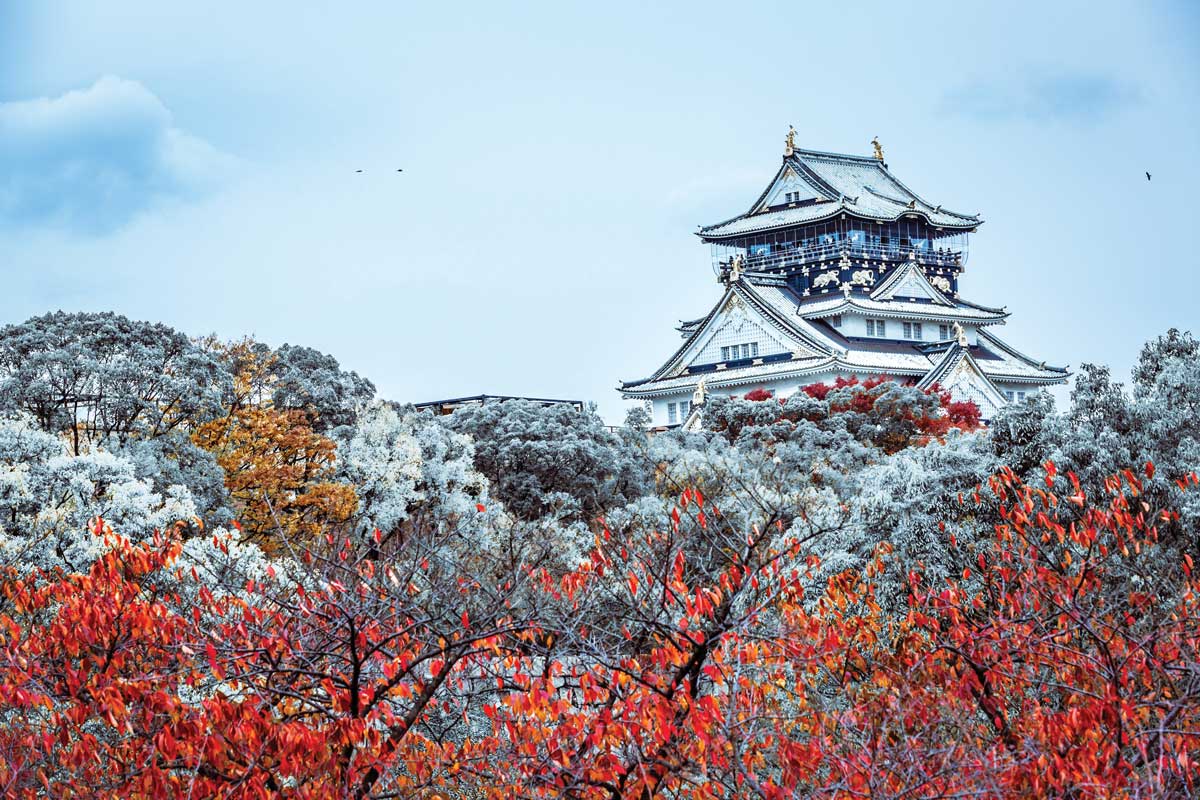
He looked at me much as an experienced and level-headed grandfather might look upon an exuberant youngster, and sagely said, “I have never been able to successfully do business in Japan or with the Japanese. Usually, whatever deal you are working on falls through, and when it doesn’t, you wish it had. It always starts out looking rosy, but by the time the dust settles, they have ended up with everything and you’re left standing there wondering, ‘what happened?’”
How prophetic those words were to be!
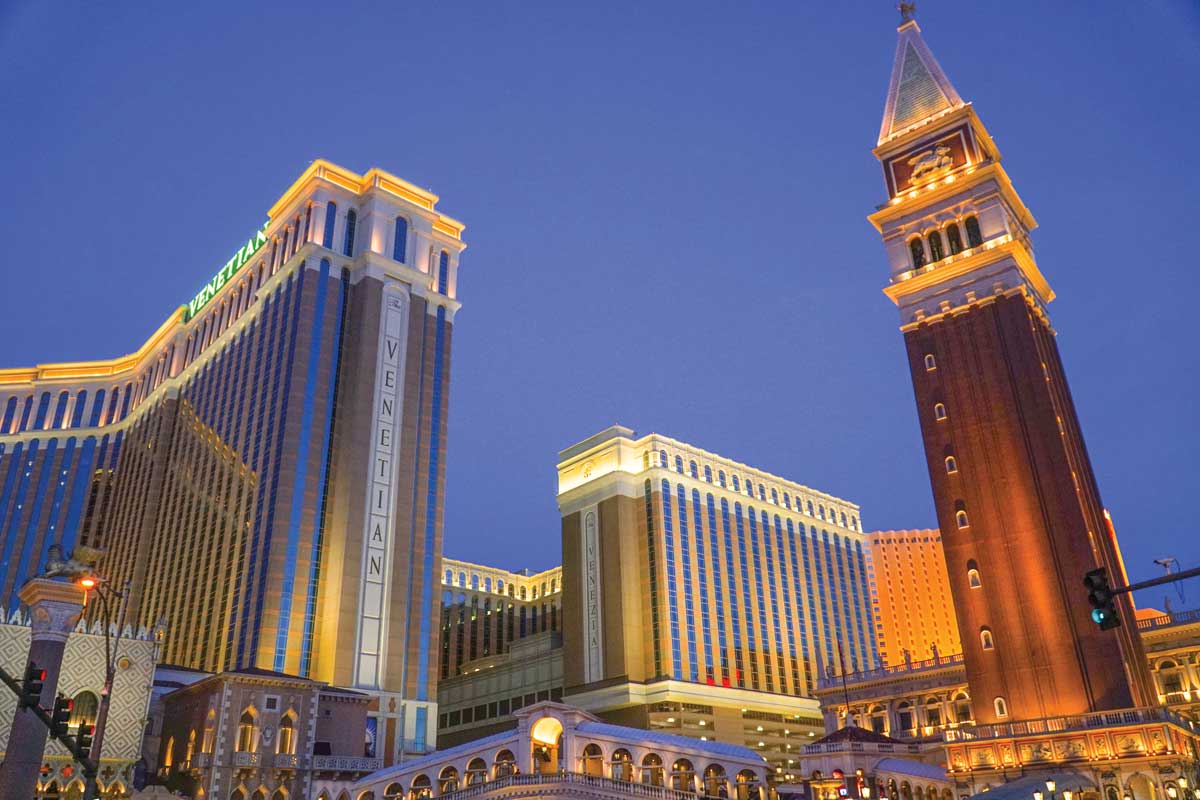
ABANDON SHIP
Fast forward to today. Just about every major IR company in the world has abandoned what used to be called “The Japan Opportunity” and might now be called “The Japan Folly.”
The waning interest started when Caesars pulled out of the Japan IR race in August 2019, ostensibly to focus on completion of its US$18 billion merger with Eldorado Resorts. Later, in February 2021 when Caesars withdrew from its interest in developing a Korean IR, CEO Tom Reeg stated, “You should expect that over time [our Windsor management contract in Ontario, Canada] will be the extent of our non-US business,” signalling a lack of interest in operating anywhere outside North America.
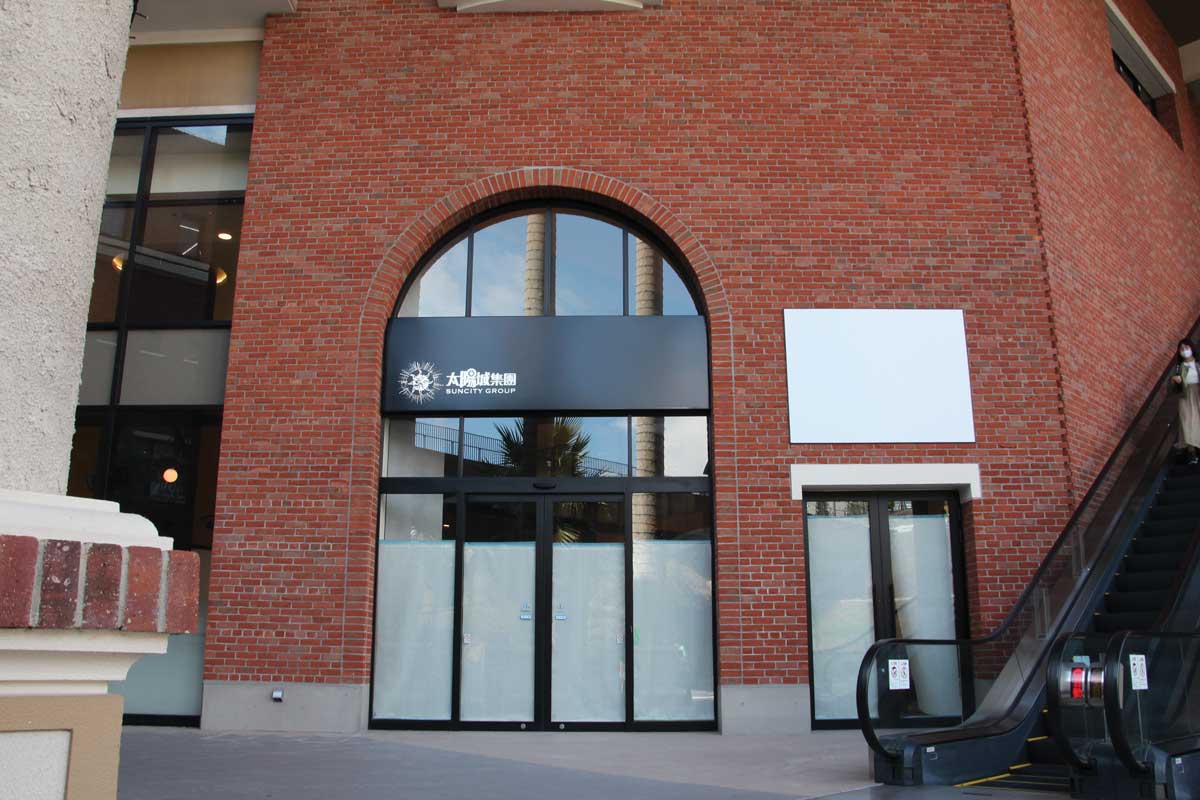
Despite this, in September 2021 Caesars was named as casino operator for Clairvest Neem Ventures’ IR development in Wakayama, although Caesars was quick to point out this was with “no capital commitment” – so it seems Caesars merely lent their name to boost the Clairvest bid.
Las Vegas Sands was next to withdraw, in May 2020. Then-Chairman and CEO Sheldon Adelson simply stated, “The framework around the development of an IR has made our goals there unreachable.” In August 2020 Wynn closed its Yokohama office with CEO Matt Maddox saying the company had been “pulling back its efforts in Japan since March 2020.”
In November 2020, Genting Singapore noted it was still interested in Japan “if conditions meet the group’s investment criteria.” It was the first time the company had felt the need to add such a qualifier. Genting Singapore was forced to withdraw from Yokohama after the August 2021 election of new mayor Takeharu Yamanaka, who promptly cancelled Yokohama’s bid to host an IR, honoring his campaign’s popular anti-IR stance. After that, Genting did not actively pursue any other bid in Japan, and then quietly dissolved all its Japanese subsidiary companies in late December, seemingly signalling a complete withdrawal from Japan once and for all – or at least the foreseeable future.
In May 2021, Suncity withdrew from its Wakayama IR bid, citing the COVID-19 pandemic, expected further delays and uncertainty surrounding the Japanese IR process.
Melco Resorts, also a victim of the Yokohama cancellation, says it remains fully committed to pursuing an IR license in Japan when the “right opportunity” emerges. Apparently, so far, it hasn’t.
Like Melco, Galaxy has not publicly or officially withdrawn, but has effectively done so by not pursuing any Japan IR opportunity right now. Galaxy is known to be reducing its staff on the ground in Japan from a peak of over 25 people to just a single employee.
 Mohegan Sun too, withdrew from the process after partnering with the Oshidori bid in Nagasaki – a bid which lost in highly controversial circumstances with Oshidori crying foul and accusing the Nagasaki prefectural government of lying and corruption. In a December 2021 interview with IAG, Mohegan International President Bobby Soper said of Japan, “It definitely evolved much differently than many thought it would. The regulatory requirements, the short term of the license – there are a lot of reasons it didn’t make sense for a lot of companies.”
Mohegan Sun too, withdrew from the process after partnering with the Oshidori bid in Nagasaki – a bid which lost in highly controversial circumstances with Oshidori crying foul and accusing the Nagasaki prefectural government of lying and corruption. In a December 2021 interview with IAG, Mohegan International President Bobby Soper said of Japan, “It definitely evolved much differently than many thought it would. The regulatory requirements, the short term of the license – there are a lot of reasons it didn’t make sense for a lot of companies.”
MGM Resorts was the most Japan gung-ho of the world’s major operators. Under former Chairman and CEO Jim Murren, MGM spent considerably on its “Osaka-first” campaign. IR investment numbers well north of US$10 billion were quietly whispered amongst industry insiders. But rivals Galaxy and Genting Singapore withdrew their Osaka bids in February 2020, leaving MGM as last-man-standing in Osaka, and now last-man-standing of the tier-one operators in all of Japan. Murren departed in March 2020, replaced by long-time MGM executive Bill Hornbuckle as CEO and President.
Under Hornbuckle, MGM’s interest has been more measured. In July 2020, the new CEO described MGM Resorts as “not all-in on this investment,” commenting, “We will only make this investment if we think it’s going to be prudent, if we think it’s going to pay the kind of returns that we need to meet our expectations. There is a long way to go.” In January 2021 analysts at brokerage Sanford C Bernstein speculated that potential acquisitions by MGM Resorts in the iGaming space could result in the company either reducing its stake in a Japanese integrated resort or exiting Japan entirely.
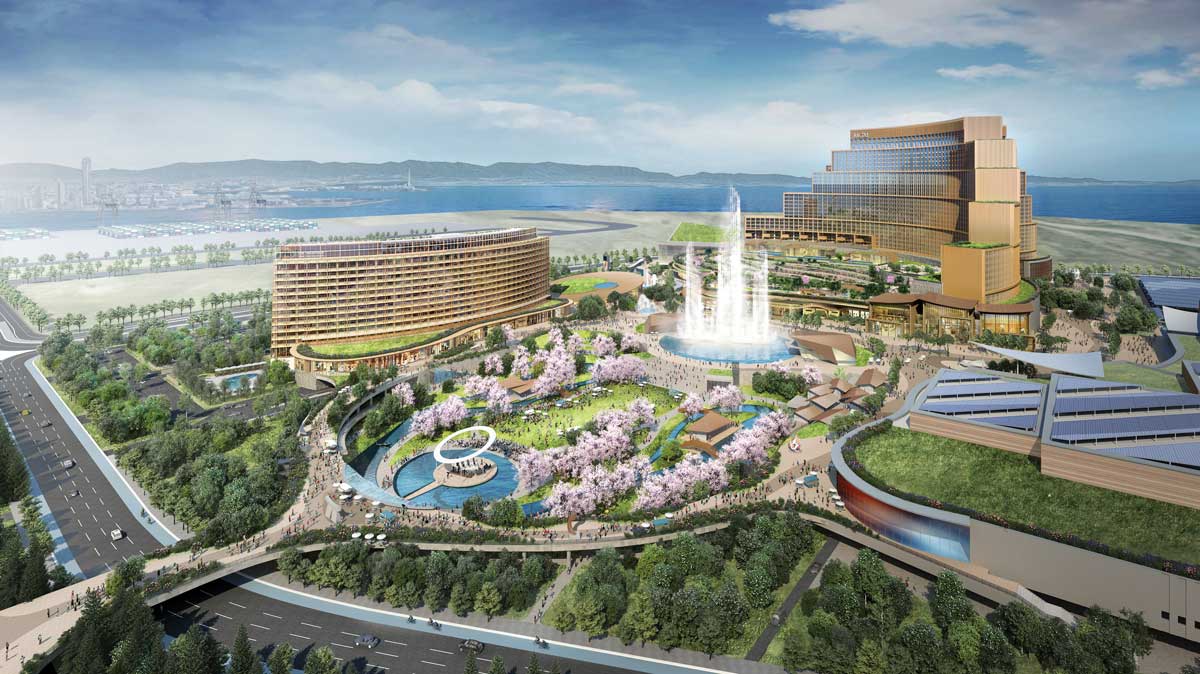
Even if Hornbuckle has since reaffirmed MGM’s commitment to Osaka, the days of tossing about US dollar investments in the eleven figures are long gone, with MGM now estimating the total cost at JPY 1 trillion (US$9.1 billion). In August 2021, Hornbuckle told investors MGM was prepared for a much more manageable US$2 billion to US$2.5 billion investment split over three years from 2024. That investment is expected to be matched by MGM’s major consortium partner ORIX, with a further US$4.1 billion to US$5.1 billion to be funded predominantly by debt, but also potentially by minor consortium partners contributing up to US$1.8 billion.
In March 2021, Japan’s Minister of Land, Infrastructure, Transport and Tourism, Kazuyoshi Akaba, said operators would not submit applications if they did not think IRs would be profitable. Perhaps he wishes he could eat his words because that is precisely what has transpired.
So, what happened?
Why did most of the world’s major IR companies give up on Japan? There are many answers. Firstly, the Japanese government has not done a good job selling the benefits of IRs to the Japanese people. Unlike Singapore in the noughties, where the government was able to change the public’s vernacular from “casinos”, to “IRs”, Japanese people still often refer to the proposed IRs as “casinos” and the two words they most closely associate with “casinos” seem to be “addiction” and “gangsters”. The average Japanese impression of a casino is more like a smoky pachinko parlor, a Yakuza-run underground casino or something out of a 1990s Hong Kong gambling movie than the modern-day luxurious resort offerings to be found in Macau or Las Vegas. Supporting IRs has therefore been politically unpopular, as we have seen in Yokohama.
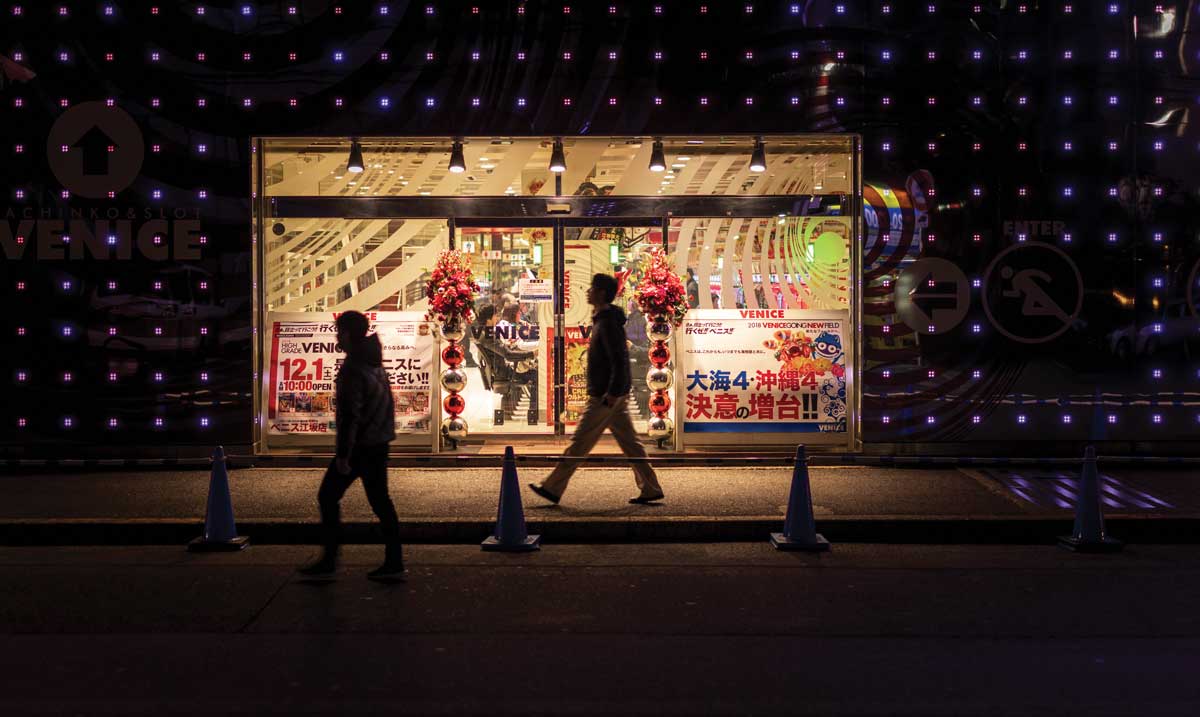 There have been several scandals associated with the development of IRs in Japan. The most well-known was the infamous 500.com scandal which saw an online sports lottery service provider in mainland China bribe Japanese House of Representatives member Tsukasa Akimoto, who was serving as State Minister of the Cabinet Office at the time. Akimoto was jailed for four years in September 2021 for receiving bribes and offering to bribe witnesses in his own case. Two changes of Prime Minister since Shinzo Abe started championing the policy of legalizing Japanese IRs haven’t helped. While Prime Minister Abe’s replacement Yoshihide Suga, and his replacement Fumio Kishida, are both from the same ruling Liberal Democratic Party as Abe, each change of leadership takes us a further step away from the original IR champion, making it easier to bail on the policy for political expediency reasons.
There have been several scandals associated with the development of IRs in Japan. The most well-known was the infamous 500.com scandal which saw an online sports lottery service provider in mainland China bribe Japanese House of Representatives member Tsukasa Akimoto, who was serving as State Minister of the Cabinet Office at the time. Akimoto was jailed for four years in September 2021 for receiving bribes and offering to bribe witnesses in his own case. Two changes of Prime Minister since Shinzo Abe started championing the policy of legalizing Japanese IRs haven’t helped. While Prime Minister Abe’s replacement Yoshihide Suga, and his replacement Fumio Kishida, are both from the same ruling Liberal Democratic Party as Abe, each change of leadership takes us a further step away from the original IR champion, making it easier to bail on the policy for political expediency reasons.
Almost every economic factor in the Japan IR model has gone against the operators. Just a few examples are the relatively high 30% gaming tax, the imposition of a Singapore-style entrance fee for locals, a gaming floor maximum limit of 3% by area, effectively short license periods and the imposition of surrounding public infrastructure costs on IR operators. All of these have impacted returns in the operators’ financial modelling.
Further exacerbating potential returns from Japanese IRs is the recent approach of mainland China towards countries targeting its citizens for play in casinos. In February 2021, Japanese House of Representatives member Kenji Eda referred to the mainland China blacklist system restricting travel to foreign cities with casinos targeting Chinese visitation, noting, “… if we build casinos (IRs) in Japan, we cannot have expectations that foreigners, and especially Chinese tourists, will be able to visit.”
Cultural clashes between the Japanese business style and that of the international IR operators have been revealing. Behind closed doors international operators refer to the “unreasonable expectations” of the Japanese, while the Japanese grow frustrated at what they deem foreigner’s lack of understanding of the Japanese way of doing business. This may go some way to explaining why no major new international industry has emerged in Japan since the 1970s.
Japanese jingoism has also played a role. Some believe that Japanese animosity toward China means no Chinese-based company (including those from Hong Kong or Macau) can hope to win an IR license in Japan. There is evidence to suggest this may have affected potential operators Galaxy, Melco and Oshidori, all of which are based in Hong Kong.

In January 2021 Vitaly Umansky, Kelsey Zhu and Tianjiao Yu of brokerage Sanford C Bernstein summed it up simply, stating, “The Japan opportunity has been plagued with delays … and we maintain concerns around the high cost of development required and the potential returns.”
Despite all the negativity, three locations in Japan do remain in the running for the up to three licenses to be issued by the national government – Wakayama, Nagasaki and Osaka.
WARY WAKAYAMA?
In June 2021 Clairvest was “selected” as the operator partner of Wakayama for its bid – selected from a list of one that is, as all other previously interested parties had withdrawn from the process. A basic agreement between Wakayama and Clairvest was signed in August 2021.

Also involved in the Clairvest consortium is AMSE Resorts, connected to casino executive William Weidner, and Mario Ho of the famous Ho casino family in Macau. Clairvest has announced Caesars as their operator partner, but Caesars has not committed to any of the JPY 470 billion (US$4.3 billion) claimed capital investment. Neither Wakayama prefecture nor Clairvest have disclosed any further details on consortium members, project partners or funding. Clairvest’s entire market capitalization is under US$1 billion, less than a quarter of the project’s investment capital.
There have been political concerns expressed at the Wakayama Prefectural Assembly, particularly relating to the lack of detail around financing such a large project and not-so-cryptically questioning if at least one Prefectural Assembly member is “too involved” in IR development.
In November, Wakayama Prefecture announced the postponement of scheduled resident briefing and public feedback sessions due to information supplied by Clairvest being deemed “insufficient.”
Worse still, a Wakayama resident group has collected 20,833 signatures calling for a referendum on the IR bid, saying “there was no opportunity for citizens to vote, despite the fact this is a serious issue for citizens.” The petition consists of more than triple the minimum number of signatures required to hold a referendum and is expected to be submitted to the City Council in January 2022.
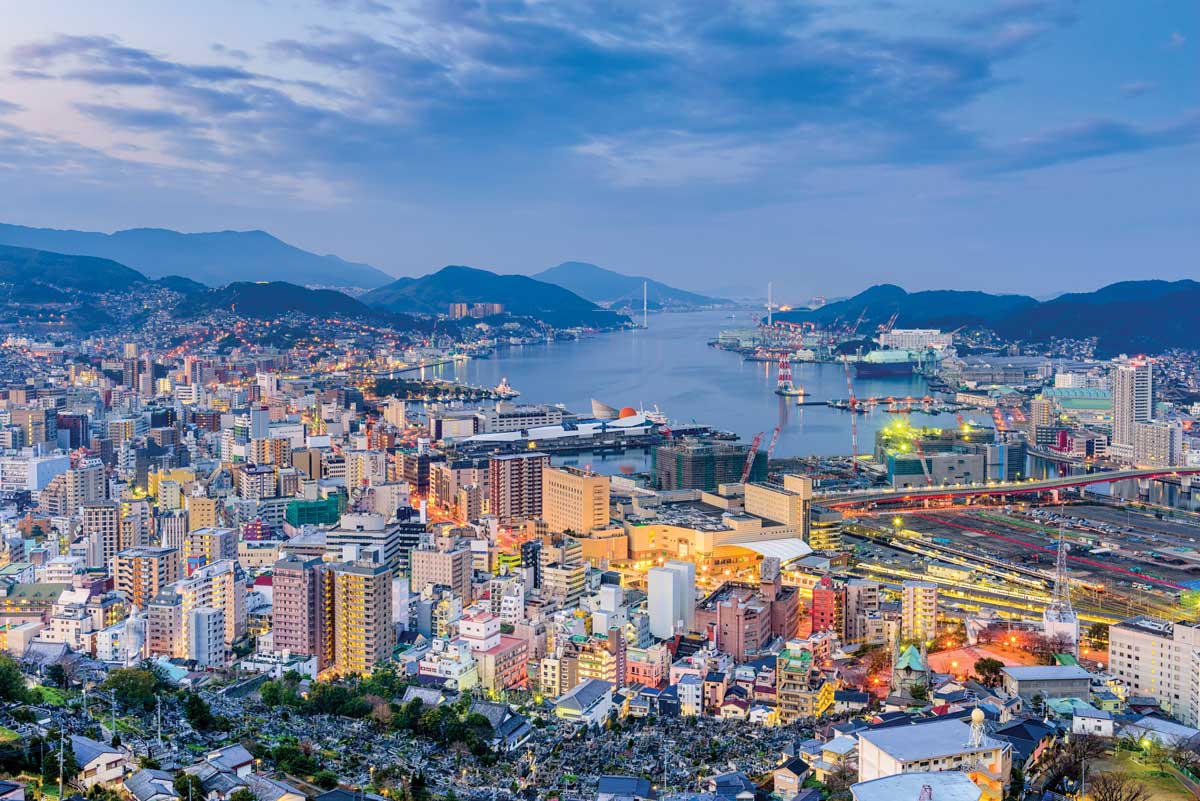 In May 2021 Wakayama Governor Yoshinobu Nisaka suggested that the prefecture may opt against taking part in Japan’s IR selection process should it deem Clairvest unlikely to win national approval.
In May 2021 Wakayama Governor Yoshinobu Nisaka suggested that the prefecture may opt against taking part in Japan’s IR selection process should it deem Clairvest unlikely to win national approval.
NAUGHTY NAGASAKI?
On 6 August 2021 Nagasaki selected Casinos Austria International Japan (CAIJ) as its preferred partner and just 24 days later the parties hurriedly signed a basic agreement. The development cost is said to be JPY 350 billion (US$3.2 billion) with plans to attract 8.4 million visitors annually, an extraordinary number which seems impossible to achieve given the extent of historical inbound tourism to Japan and Nagasaki’s reputation of being “too far away” to visit.
The operator selection process in Nagasaki was particularly bitter, with rival bidders Oshidori International Development and NIKI Chyau Fwu (Parkview) Group both controversially claiming Nagasaki Prefecture pressured them to withdraw from the process. In August 2021, an Oshidori spokesman speaking directly to IAG said, “The Nagasaki Prefecture has no other option at this point than to lie to cover up its corruption,” while NIKI representatives are on record as saying they “object to this process in its entirety” and that Nagasaki Prefecture “refused to provide any information in what is [a] very troubling process.”
The project renderings offered by Oshidori and CAIJ didn’t help to quell suspicions amongst industry experts. Oshidori’s proposal, titled “The Sails at Omura Bay”, seemed like a spectacular and inspired IR project, an iconic set of buildings resembling shimmering sails encrusted with one hundred thousand lights twinkling in the night sky. By contrast, CAIJ’s modest and square buildings failed to impress.
The Nagasaki IR site at Huis ten Bosch in Sasebo City has weak access infrastructure. There is no bullet train so visitors must endure a near three-hour slow train journey from the nearest major airport, at Fukuoka. The drive from Fukuoka is nearly two hours. Sources tell IAG that CAIJ is expected to pay around JPY 15 billion (US$136 million) in infrastructure costs in the area surrounding the IR, an amount more than the entire net assets of CAIJ’s parent company, Casinos Austria International, according to the last set of financial accounts seen by IAG.
CAIJ is yet to publicly disclose its source of financing and intended partners, and as a result IAG understands many prefectural assembly members are questioning the entire project. CAIJ does not have any internationally acknowledged or experienced IR expert or executive representing them publicly in Japan.
A public comment period for residents started on 21 December and will continue until 17 January, and this may generate additional political pressure. In December, the current pro-IR governor, Hodo Nakamura, announced he will be seeking re-election in Nagasaki’s upcoming gubernatorial election to be held on 20 February 2022, but the national-government-ruling Liberal Democratic Party has in fact thrown its weight behind one of his opponents, Kengo Oishi, who is yet to declare his stance on integrated resorts in Nagasaki.
ONLY OSAKA?
Given that neither Clairvest at Wakayama nor CAIJ at Nagasaki have given any detail on how they intend to fund these enormous projects multiple times larger than the value of their entire companies, and the grave ROI concerns expressed by industry analysts about the regional IR projects, it seems quite possible that neither of them will be approved by a prudent Japanese national government. But even if they are, execution will be a herculean task to be taken on by companies with no experience in Asia, let alone Japan.
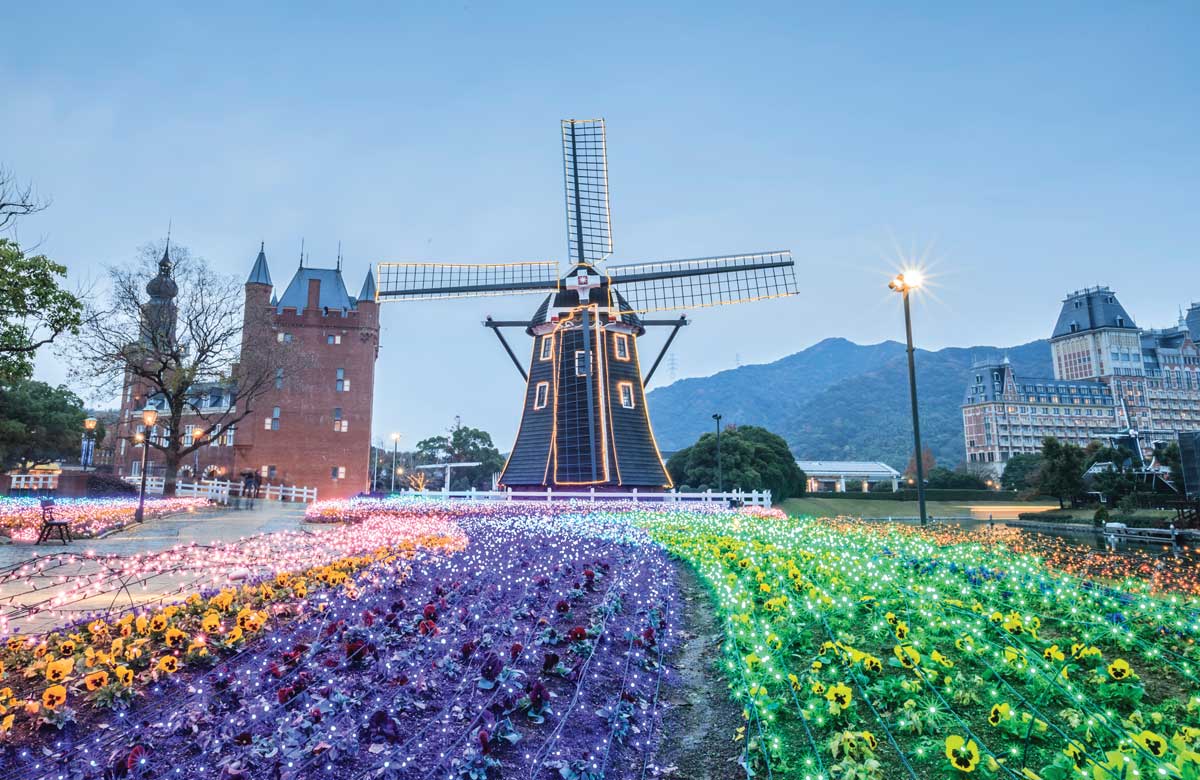
Many commentators believe only one IR will be approved for the foreseeable future, the MGM Resorts property in Osaka. At least that proposal has an internationally recognized top-tier IR company behind it and is located within a major metropolis. The surrounding Kansai regional population totals nearly 25 million people – the kind of population base needed to support a multi-billion US dollar integrated resort.
In September 2021 Osaka confirmed the MGM/ORIX consortium as its IR partner – again, from a list of just one applicant. The US$9.1 billion project is planned to contain 2,500 hotel rooms across three hotel brands, with 730,000 square feet of MICE space and tourism facilities. It is now planned to open in 2029, but given Japan’s track record of numerous delays, don’t be surprised if we must wait until well into the 2030s to see the doors open. The many construction issues include the complete lack of subway access and a soil pollution problem at the Yumeshima site.
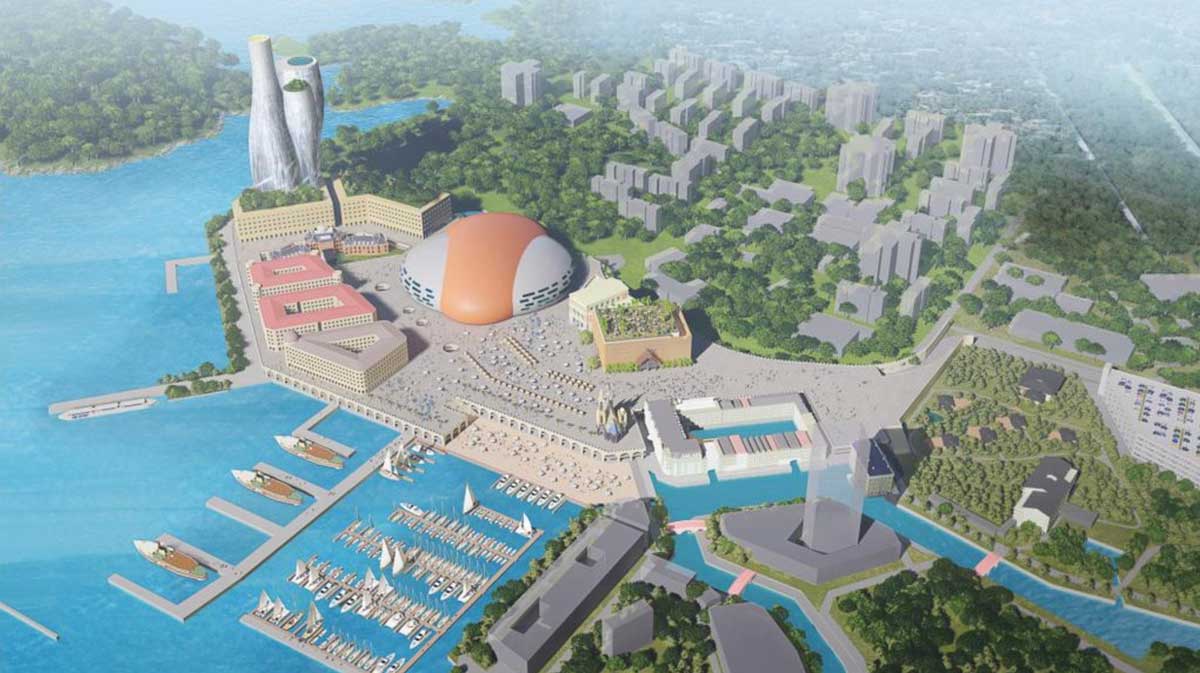
So much for Japan IRs opening before the 2020 Olympics!
WHERE TO FROM HERE?
The national government’s deadline for submission of development plans from the three prefectures is 28 April 2022. The national government then has the right to select up to three locations. It can even reject them all should it choose to do so. There is currently no official guidance regarding how long the national government will take to make these decisions.
Most commentators agree that MGM’s proposal for Osaka should be selected. However, if either of the other two locations are selected, the Japanese government will be making a grave mistake. Given the inexperience in major IR development of the selected operators, the scale of the developments for such small regional locations and the problematic processes so far, either of these regional sites will end up as enormous white elephants.
Can Japan pull itself out of the hole it has dug for itself in its IR development process? Yes, but it will require a major rethink. The Japan government should use COVID as an excuse and go back to the drawing board, learning from the mistakes made thus far and re-writing the rules to make Japanese IRs a more attractive economic proposition to the international IR community. The fact that just one major IR company is currently in the running, and even then, in a much less enthusiastic manner than previously, should be a massive red flag to Japan.
The question is, has Japan’s leadership got the ability to be introspective, acknowledge the errors made, and completely rework its IR development offering? I very much doubt it.







